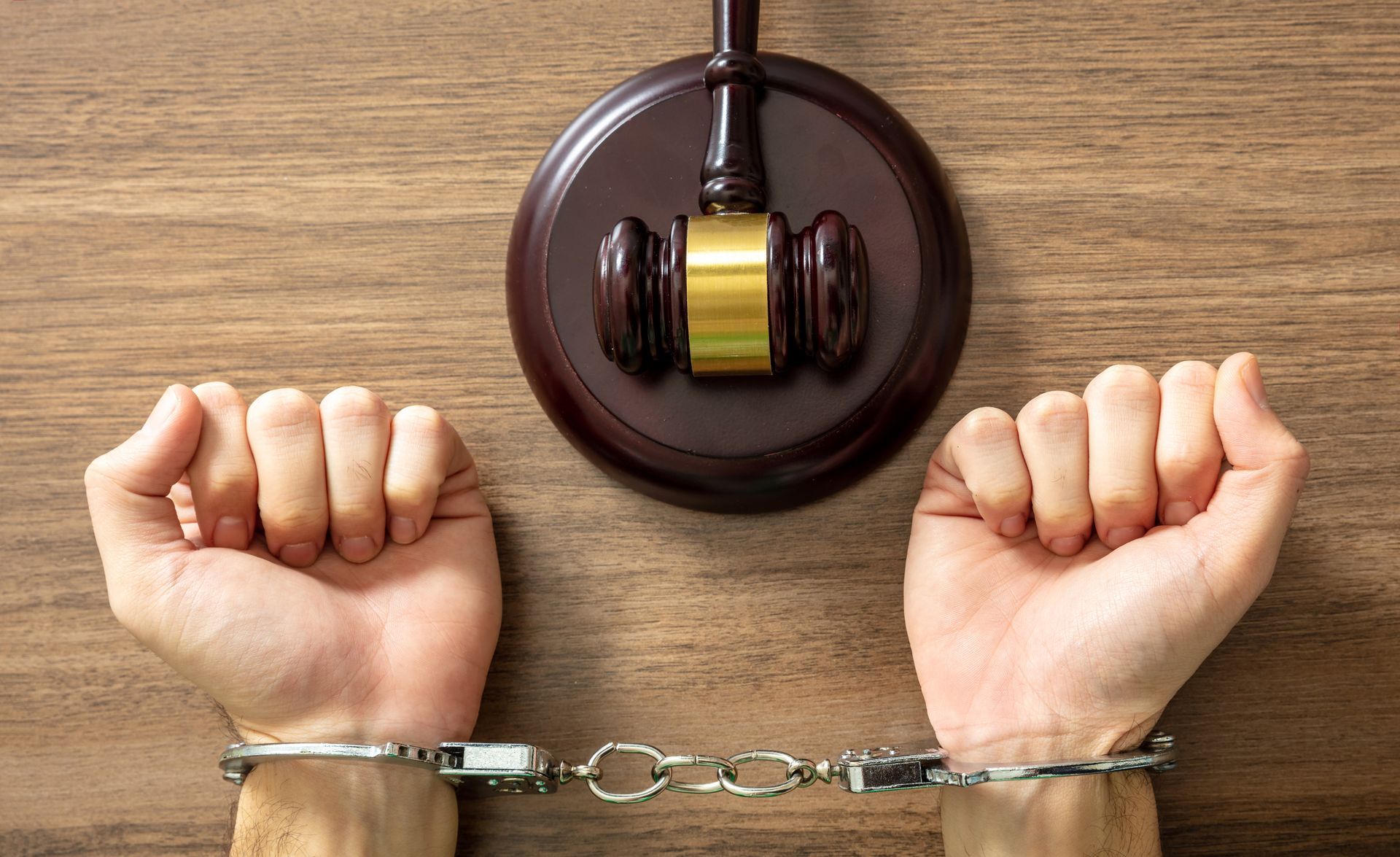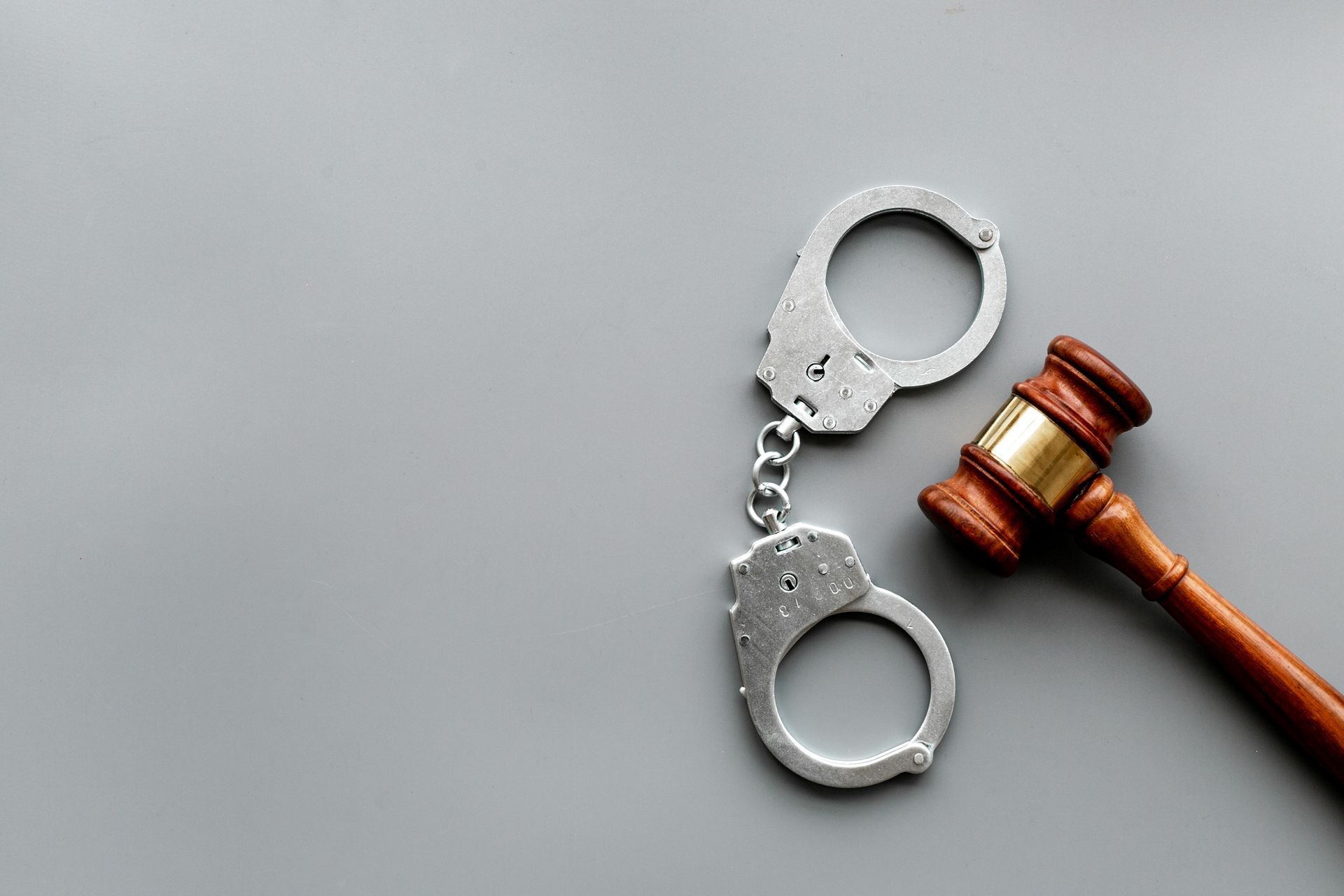Petty Theft vs. Grand Theft: Understanding the Thresholds
Theft is a criminal act that can significantly impact victims, communities, and perpetrators alike. However, not all theft crimes are considered equal under the law. In Massachusetts, theft offenses are categorized primarily into two groups: petty theft and grand theft. Each category carries its own legal implications, penalties, and consequences. Understanding these distinctions is crucial for residents to navigate their rights and responsibilities within the state effectively. In this blog post, we will delve into the thresholds that differentiate petty theft from grand theft in Massachusetts and explore how these classifications affect those involved.
Petty Theft
In Massachusetts, the distinction between petty theft and grand theft hinges largely on the value of the property stolen. Petty theft, often referred to as larceny or simple theft, involves the unlawful taking of another person's property worth below a certain monetary threshold. This form of theft is typically classified as a misdemeanor offense. Despite being considered less severe than grand theft, individuals charged with petty theft still face potential legal repercussions such as fines, probation, community service, or even short-term jail sentences depending on the circumstances and any prior criminal history.
Grand Theft
Grand theft encompasses more serious offenses involving higher-value property or assets a certain amount This classification includes not only expensive items but also cases where specific conditions elevate the crime's severity—for instance when firearms or vehicles are involved regardless of their market value. Grand theft is generally treated as a felony offense in Massachusetts and comes with harsher penalties including substantial fines and longer prison sentences. The stark difference in punishment reflects society’s view on protecting valuable goods and discouraging significant economic harm through stringent legal deterrence.
Other Factors
Beyond monetary thresholds defining these categories lies an intricate web of factors that can influence how charges are pursued within courtrooms across Massachusetts. These factors may include intent behind committing the act (whether accidental or deliberate), use of force (such as breaking into locked premises), involvement of multiple parties (complicity), or if threats were issued during the commission (robbery enhancement). Legal defenses vary significantly depending upon individual case nuances; hence it becomes imperative for defendants facing such allegations to seek skilled legal counsel adept at navigating complex statutes governing larceny laws throughout New England’s stateside jurisdictions.
Restitution
An important aspect often overlooked by many facing charges relates directly to restitution obligations imposed upon conviction adjudications; the value of the property stolen may not be representative of its true worth to the victim. Hence, prosecuting attorneys may strive towards seeking full justice by asserting higher penalties and restitution amounts in grand theft cases.
Understanding the nuances between petty theft and grand theft is essential for both legal professionals and the general public in Massachusetts. These distinctions not only influence the severity of the charges and potential penalties but also impact the strategies employed in defense and prosecution. As the legal system continues to evolve, staying informed about such classifications ensures that individuals can adequately safeguard their rights and comply with the law. Moreover, acknowledging the serious implications of theft and the role restitution plays in the judicial process underscores the importance of mindful interactions with others' property. For those facing such allegations, seeking expert legal guidance is crucial to navigate the complexities of larceny laws and ensure a fair outcome.











